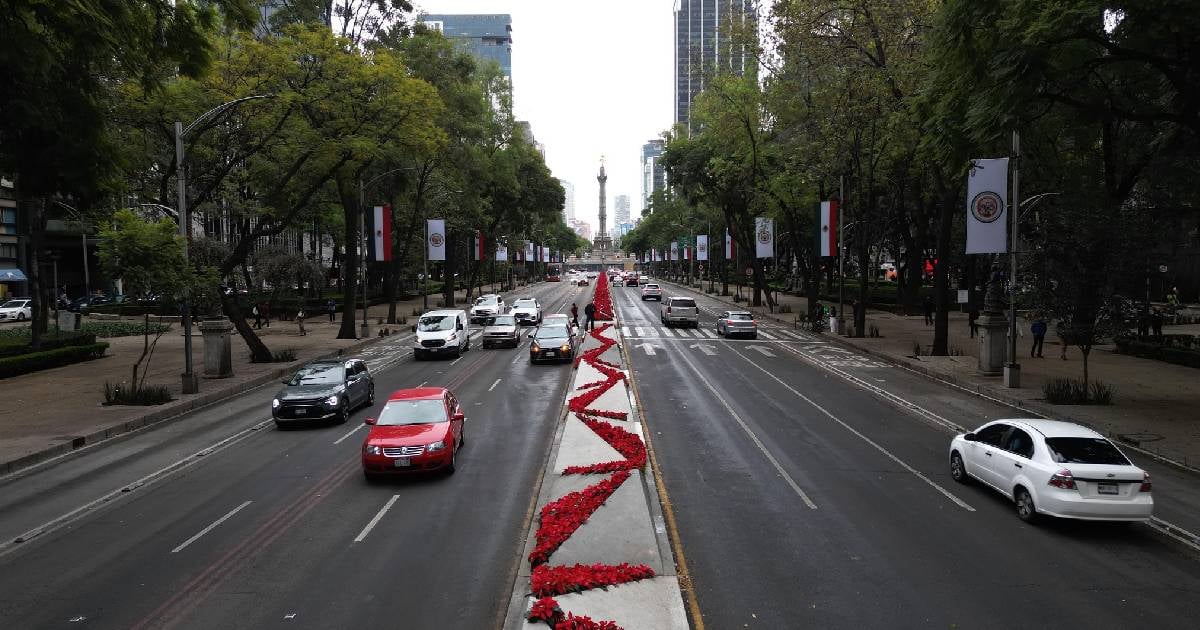In recent days, a growing number of Cuban migrants have shifted their perspective, now viewing Mexico not merely as a transit country but as a viable destination, influenced by the U.S. immigration policies shaped during President Donald Trump's tenure. "I'll stay in Mexico; it's not bad," is a sentiment echoed by countless foreign migrants, including Cubans, who find a better quality of life in Mexico than the uncertain prospects in the United States, according to a report by Mexican outlet Excelsior.
During an interview with Excelsior, two Cubans were found waiting at the offices of the Mexican Commission for Refugee Assistance (Comar) in Mexico City. Diobis, one of the interviewees, expressed his intent to settle his residency status. "I want a better situation because things in my country aren't going to change; they've become too difficult," he remarked, referencing the dire circumstances in Cuba.
When asked if he was interested in moving to the United States, Diobis replied that it was never his plan. "My idea was always to stay here because in the area of Cuba where I lived, there's a lot of Mexican culture, and I grew up with that; I enjoy Mexico, there's no better place. I've been working here and I feel good," he stated.
Another Cuban, identified as Álvaro Pérez, shared his story. He once considered reaching the United States but decided long ago that staying in Mexico was a viable option. "I hope to remain here, work, study, and support my family. I've been here for a year and want to study to become a physical therapist. I started in Cuba but had to stop because it was impossible to both study and work due to Cuba's economic situation," he explained.
Statistics from the National Institute of Migration (INM) indicate that from 2019 to 2025, over 16 million migrants passed through Mexico; of these, 10.5 million made it to the United States, while 6.3 million chose to stay in Mexico. Cuban migration to Mexico has been driven by the island's severe economic and political crisis, leading to an unprecedented exodus in recent years.
In recent months, asylum offices have seen an unprecedented influx of Cuban and other nationality migrants. This surge is largely attributed to recent U.S. immigration policies under President Donald Trump, which have tightened entry through the Mexican border.
The discontinuation of the CBP One mobile app on January 20, 2025, which allowed migrants to schedule asylum appointments in the U.S., has left thousands without a clear path to legally enter the country.
Facing increased migratory pressure, Mexico's President Claudia Sheinbaum announced that the government would begin repatriating migrants stranded in Mexico due to the new U.S. restrictions. Sheinbaum explained that agreements have been reached with several Central American countries and Cuba to facilitate the return of these migrants. She also emphasized that Mexico would provide "humanitarian assistance" to those unable to continue their journey to the U.S. due to the new immigration restrictions.
Recently, Cuban content creator Michel Crónicas shared a message on TikTok directed at his compatriots stranded at the Mexico-U.S. border. In his video, Michel stated, "I know many dreamed of reaching the United States, but current immigration laws make it nearly impossible. However, you're in Mexico, a country that welcomes us and where other dreams can come true. Don't see Mexico as a second option; see it as your new home."
This message has resonated with the migrant community, encouraging many to consider the opportunities Mexico offers, such as employment, education, and an improved quality of life. However, it has also sparked debate on platforms like TikTok, with some Mexican users voicing concerns about the country's ability to manage a large influx of migrants, citing challenges like job shortages and limited resources.
Understanding Cuban Migration Trends
Why are Cuban migrants choosing to stay in Mexico?
Cuban migrants are opting to stay in Mexico due to the challenging immigration policies of the United States and the opportunities for a better quality of life in Mexico.
How has U.S. policy affected Cuban migration?
U.S. policies under President Donald Trump have tightened entry through the Mexican border, leaving many Cuban migrants without clear legal pathways to enter the country.
What has been the Mexican government's response to the influx of migrants?
The Mexican government, under President Claudia Sheinbaum, has initiated repatriation efforts and agreements with other countries to facilitate the return of migrants. They are also providing humanitarian assistance to those affected by U.S. restrictions.
